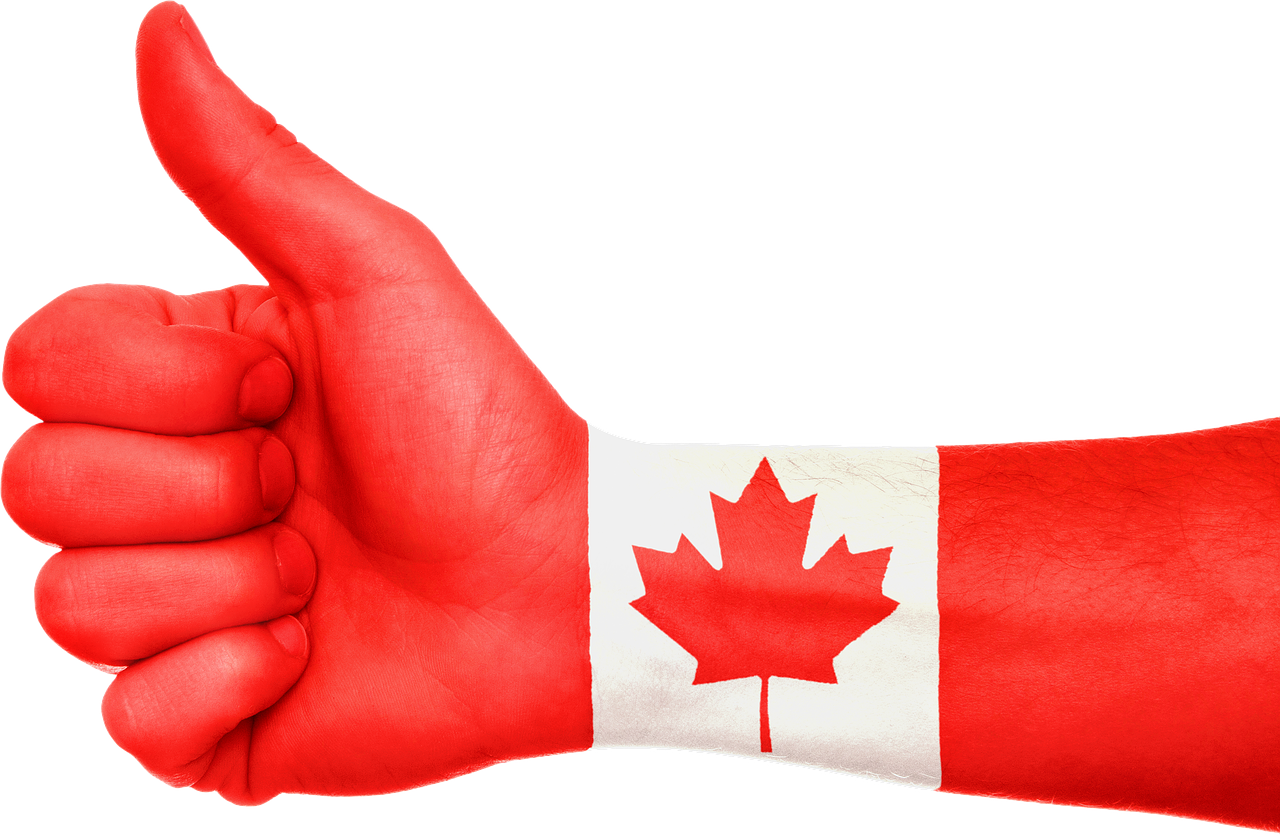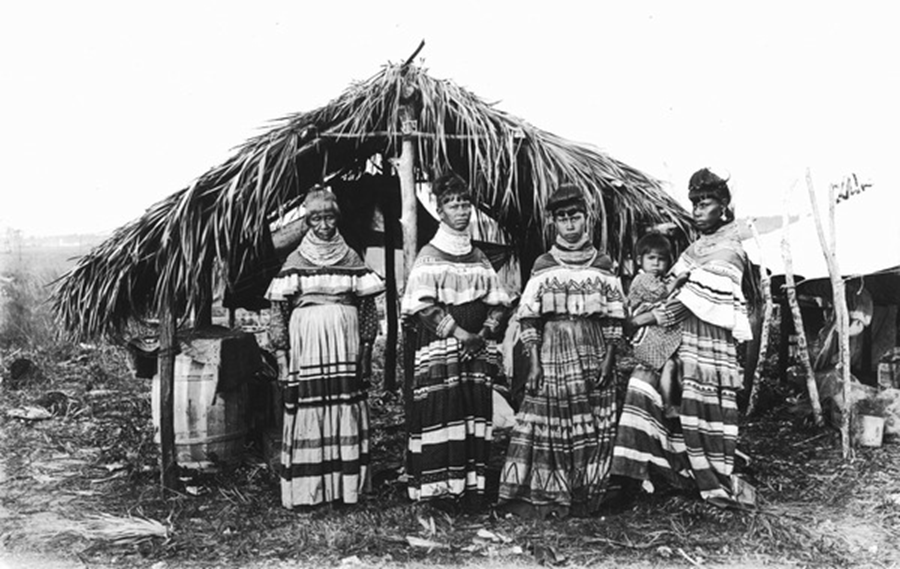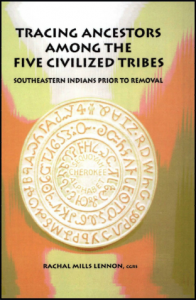Posted on October 26, 2015
By Jena Crable
Here’s a familiar genealogical conundrum: A researcher has traced his/her ancestors from present-day California back to the Dust Bowl-era in Nebraska, into Missouri just as it was achieving statehood, and finally to Indiana in the 1830s. At that point, the trail has grown cold even though legend has it that the family patriarch was a Pennsylvania patriot during the Revolution. So, how does the genealogist pick up the scent of the missing ancestor at this point?







 By Rachal Mills Lennon
By Rachal Mills Lennon
